La Vie knows how to throw a party. In the name of vegetarianism, it last week treated a pack of journalists to an experience consisting of a dancing CEO; a big top on the grounds of a former slaughterhouse in Paris; and enthusiastic employees waving applause signs.
But the big question is: can La Vie do as good a job entertaining consumers in a UK plant-based market that is currently walking the tightrope?
As with many startups and challenger brands, at La Vie there’s a big focus on fun and doing things differently.
“With La Vie, you have this opportunity to be part of an incredible world of fun, playfulness, engagement and love,” says Emily Giles, UK head of sales at La Vie. “It is something which is so different from what people are used to engaging with, specifically in plant-based.”
FREE Plant-based webinar: How to win in plant-based. Register now to view
Fun and dancing to launch a new product is one thing, but relying on it to ensure a long-term sustainable and profitable business is another.
La Vie has been in operation for 18 months and in that time has sold over 2.5 million products Europe-wide. It has also secured listings in key UK retailers with more big listings expected to be announced in the new year.
Perhaps Giles has reason to take an approach that is a little more relaxed. She says the brand is performing “pretty well versus the competitive sets which are very, very established heritage brands”.
Wow meat lovers with plant-based
Although, when it comes to the facts, the category is in decline. Product ranges are shrinking, some retailers are cutting back and some major players, most notably and recently Meatless Farm, have faced serious financial trouble.
So, how can La Vie be so sure it will be different and that its investments will pay off?
Giles protests that the recent streamlining of the category is just a “natural evolution” and buyers still see it as “incredibly important”.
Commenting on the Meatless Farm fiasco, she says the business “perhaps spread [itself] too thin trying to meet that consumer demand across so many types of NPD”, something La Vie is determined not to do.
“We are category specialists that operate within one specific niche, so we are focused on nailing the basics when it comes to pork alternatives,” Giles adds. “We will have a delicious bacon, a delicious ham, delicious lardons… that is where we will play and that is what consumers are really looking for.”
Deliciousness is, unsurprisingly, the brand’s core strategy.
CEO Nicolas Schweitzer told The Grocer the business is trying to “wow meat lovers”, which he conceded is very hard to do because “meat is delicious”.
Does La Vie have enough to win over UK consumers?
And, frankly, La Vie’s products are good. Compared with some of the less successful replicas, the newest addition to its lineup, plant-based ham, was met by enormous enthusiasm from guests at its big do. It was quite like the real thing.
Schweitzer says the products take years of development and while the company could launch 25 new lines tomorrow, it is focusing on NPD driven by its own technology that lands right.
“I think, in the years to come, pretty much every current meat occasion will be answered by a plant-based product,” claims Schweitzer. He is determined La Vie will take a significant slice of that pie and has grand amibitions to be the biggest alternative pork brand in the world by 2040, but without the death of a single pig.
This is not an insignificant goal, but it feels quite a way off. The brand is still small, and while La Vie promises expansion is imminent, it just doesn’t have the shopper awareness that the big name brands like Quorn and Linda McCartney’s have.
It has got the product, the fun and the community spirit (which is apparently important for gen Z customers). But what is still not clear is whether La Vie has enough to win over the UK consumer, who is already faced with so much plant-based choice.








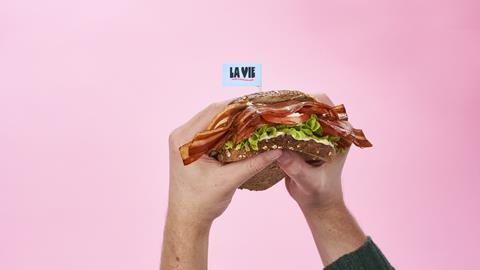

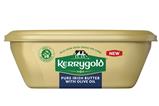


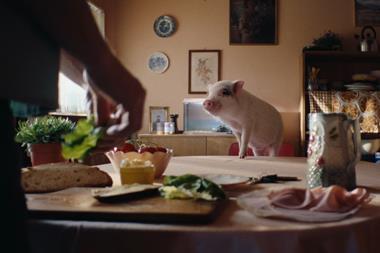
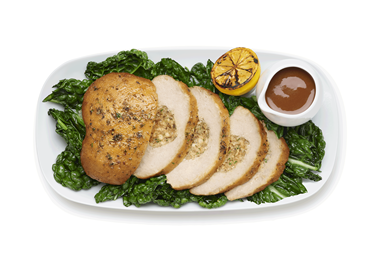



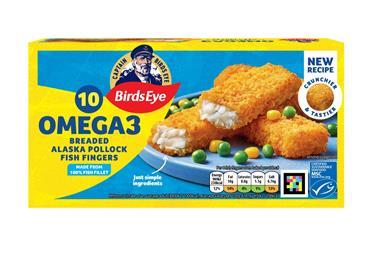






No comments yet